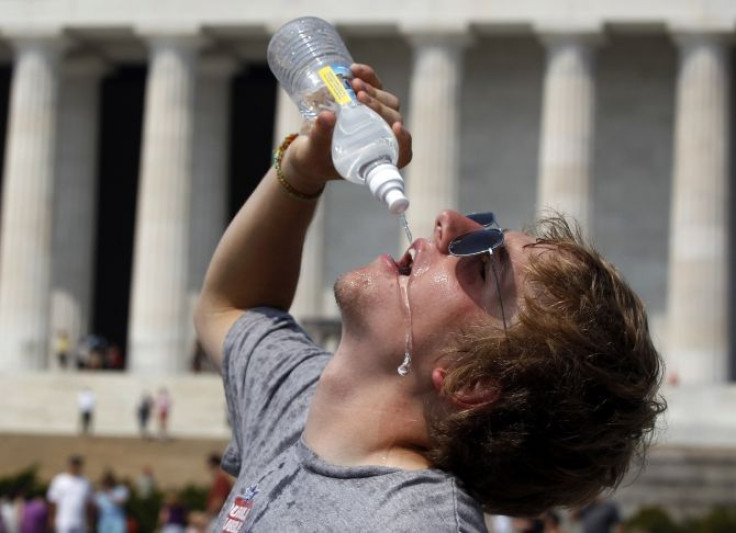Bottled Water May Be "Less Safe" Than Tap Water

Bottled water costs 1,000 times more than tap water and is generally considered safer than tap water. However, new research suggests the opposite after scientists found that pricey bottled water is subject to far less stringent testing than tap water.
Researchers found that companies that make bottled water are only required to do monthly testing at source and that bottled water is significantly more likely to be contaminated or become a source of infection, according to a new study.
Scientists explain that tap water contains trace amounts of disinfecting chlorine that can stop the spread of harmful bacterial infections.
However, bottled water contains no disinfecting ingredients like chlorine, and once the water is filled and sealed in bottles, it might remain in storage for months before it is sold and consumed.
Researchers say that after bottled water is opened, it has no way of remaining clean, so it must be consumed within days.
"Water coming from UK taps is the most stringently tested in the world," said Professor Paul Younger of Glasgow University, according to The Telegraph.
"People think there must be something wrong with tap water because it is so cheap and plentiful. But from a safety and price perspective, tap water is better for you," Younger explained. "If the bottle is accidentally opened or someone tampers with it, then it can easily get contaminated."
Researchers said that there is a significantly greater risk that someone could find something harmful in bottled water than in tap water.
Younger said that "ideally" bottled water should be consumed on the day it is opened because it can easily be contaminated by bacteria from someone's hands or face.
According to The Telegraph, market researchers from Mintel found that nearly 25 percent of people who drink bottled water at home think it is "better for them" than tap water.
However, millions of batches of bottled water have had to be taken off of supermarket shelves because of suspected contamination.
Perrier had to recall millions of bottles worldwide in 1990 after traces of benzene, a toxic chemical that increases the risk of cancer and other diseases, were found in the water.
Weeks after Coca-Cola launched Dasani bottled water, which was essentially 'purified' tap water taken straight from main supplies, in 2004, hundreds of thousands of Dasani bottles had to be recalled after reports revealed that the purification process may have polluted the water with harmful carcinogenic substances.



























